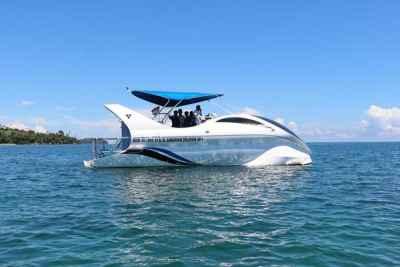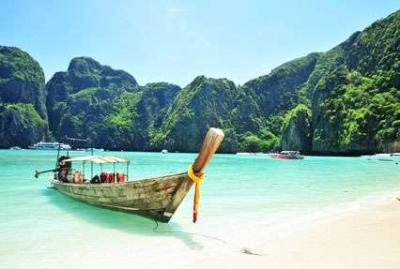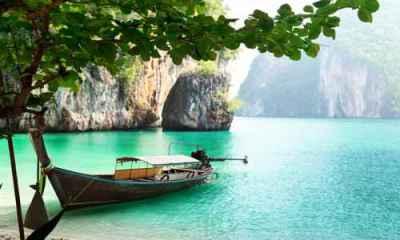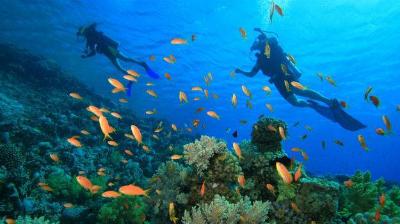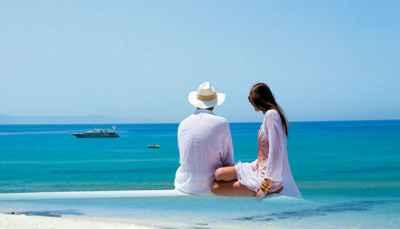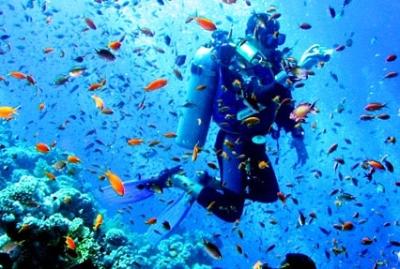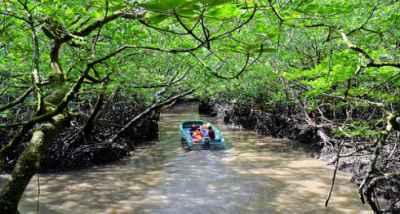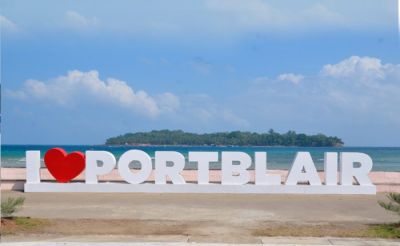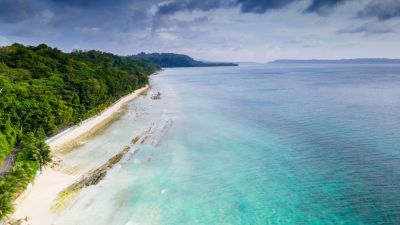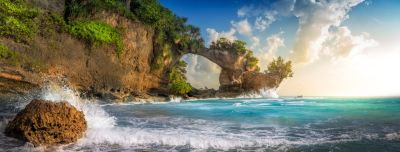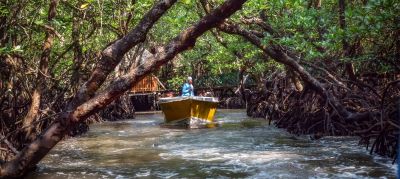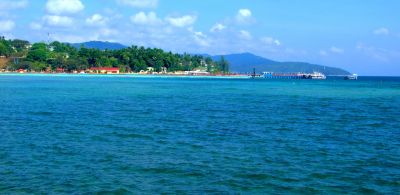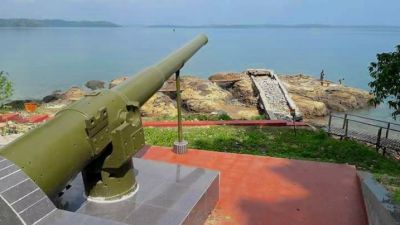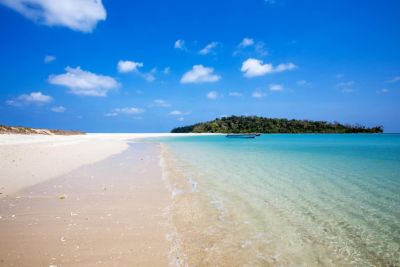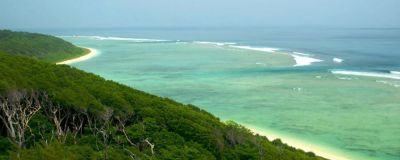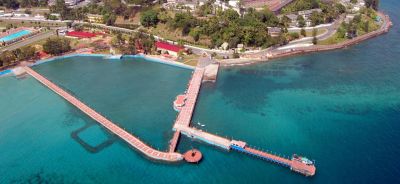The Fishermen of Andaman: A Look into Traditional Livelihoods
The Fishermen of Andaman: A Look into Traditional Livelihoods
Andaman and Nicobar Islands, located in the Bay of Bengal, are known for their pristine beaches, turquoise waters, and exotic marine life. But beyond the tourist attractions lies a community of hardworking fishermen whose livelihoods have been shaped by the bountiful waters surrounding this archipelago. In this blog post, we take a closer look at the traditional livelihoods of the fishermen in Andaman and the challenges they face.
The Fishing Community
The fishing community in Andaman represents a significant part of the local population. For generations, fishing has been the mainstay of their lives, providing employment and sustenance to thousands of families. The fishermen are primarily engaged in traditional methods of fishing such as rod and line fishing, handline fishing, and net casting.
The fishing techniques employed by the fishermen in Andaman are a testament to their deep understanding of the sea and its resources. They have honed their skills over the years, passing them down from one generation to the next. These traditional fishing methods are not only effective but also sustainable, ensuring the preservation of the marine ecosystem.
The Challenges
While the fishermen of Andaman have a strong connection with the sea, their lives are not without challenges. One of the major issues faced by the community is the impact of climate change. Rising sea levels, unpredictable weather patterns, and coral bleaching have all affected the abundance of fish in the region.
Additionally, the fishermen also have to contend with overfishing by commercial trawlers and the introduction of destructive practices such as dynamite fishing. These activities not only deplete fish stocks but also damage the delicate coral reefs that are essential for the survival of marine life.
The lack of modern equipment and facilities also poses a challenge to the fishermen. Many of them still rely on traditional wooden boats and do not have access to advanced technology that could enhance their fishing efficiency and safety.
Government Initiatives
Recognizing the importance of the fishing community, the government of Andaman and Nicobar Islands has taken several initiatives to support them. The Department of Fisheries provides training programs to fishermen, equipping them with better techniques and knowledge. Loans and subsidies are also offered to enable them to upgrade their equipment and boats.
In recent years, the government has also focused on sustainable fishing practices and the conservation of marine resources. Strict regulations have been put in place to curb illegal and unsustainable fishing activities. Efforts are being made to promote responsible tourism that does not harm the marine ecosystem but instead benefits the local community.
The Future of Fishing in Andaman
While the challenges faced by the fishermen of Andaman are significant, there is hope for a sustainable future. With continued support from the government, the fishing community can adapt to the changing environment and find new ways to preserve their traditional livelihoods.
It is vital for travelers and tourists to be aware of the impact their activities can have on the local fishing community and the marine ecosystem. By choosing sustainable tourism practices and supporting local fishermen, we can contribute to the preservation of this unique way of life.
Conclusion
The fishermen of Andaman play a crucial role in the cultural and economic fabric of the islands. Their traditional livelihoods are not just a means of survival but also a deep-rooted connection to the sea and its resources. As visitors to this beautiful archipelago, let us appreciate and support the fishing community while ensuring the long-term sustainability of their way of life.
Remember, responsible tourism and sustainable practices can go a long way in preserving the natural beauty and cultural heritage of destinations like Andaman and Nicobar Islands.
Share this blog post to spread awareness about the fishermen of Andaman and their traditional livelihoods!
Disclaimer : The information provided in this blog is for general informational purposes only. While we strive to keep the content accurate and updated, TravelSetu assumes no liability for errors or omissions. If you believe any part of this blog infringes your rights or causes concern, please notify us immediately at info[at]travelsetu[dot]com so that appropriate action can be taken.
